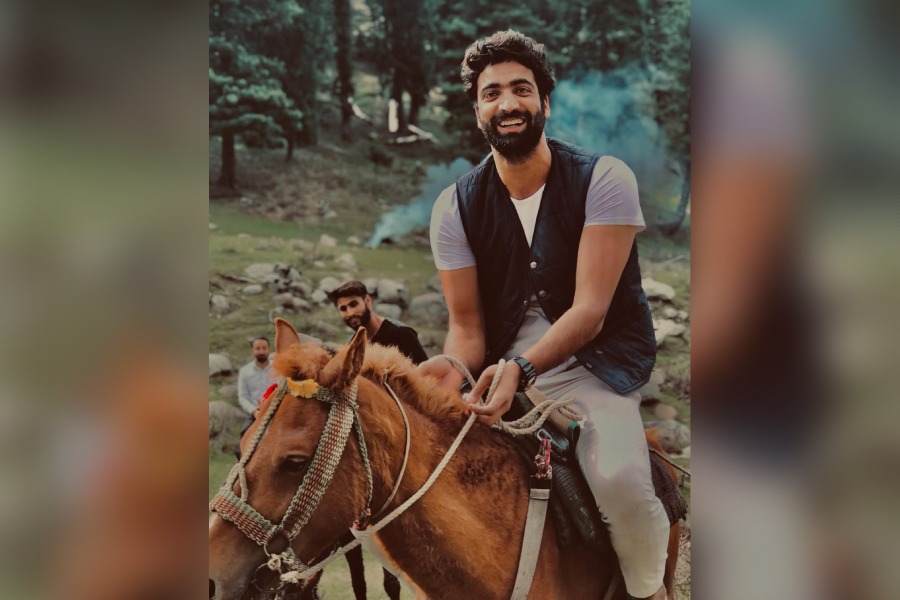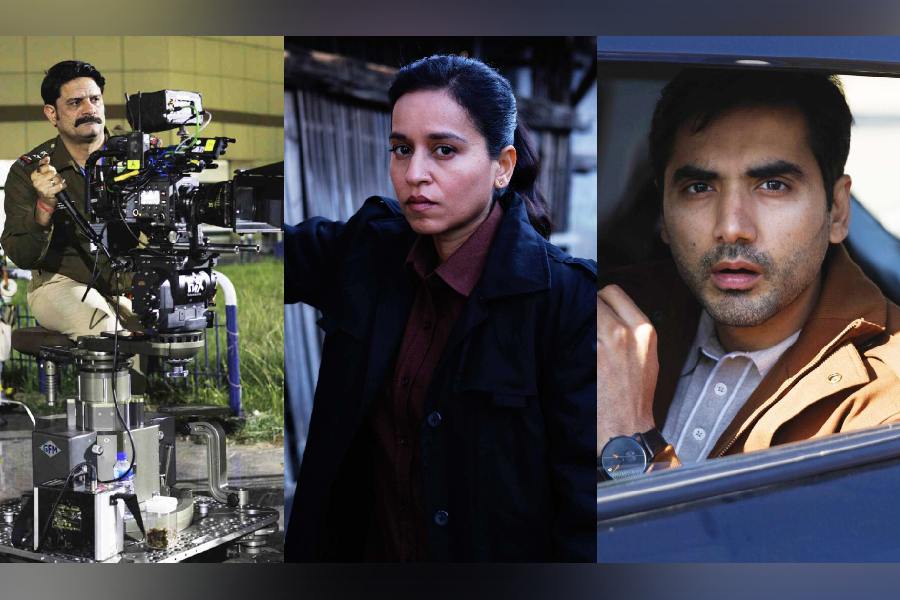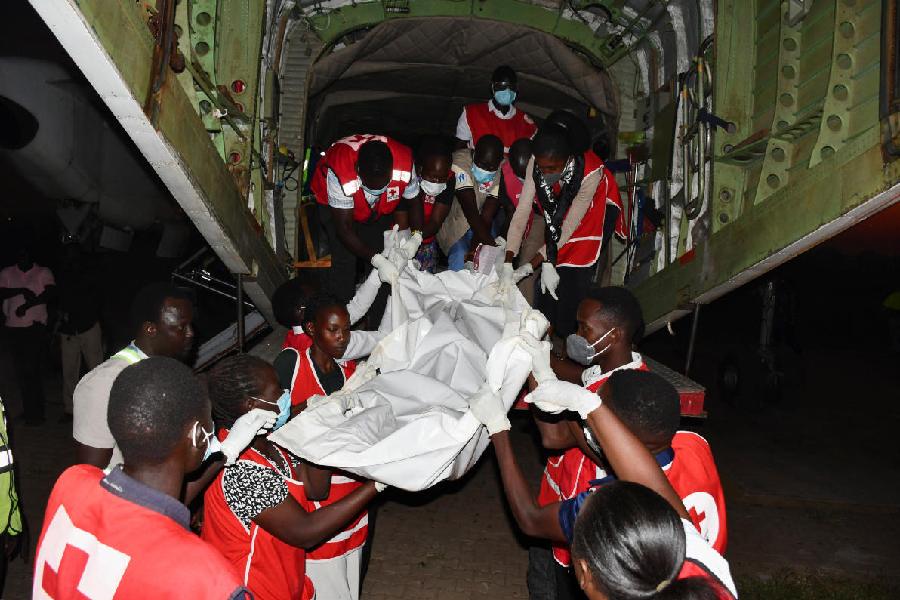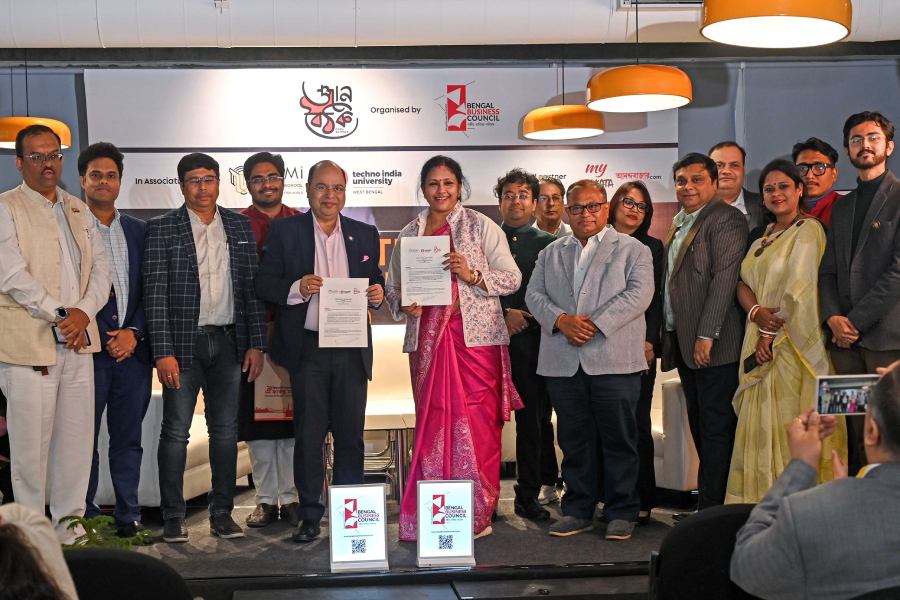 Thursday, 30 January 2025
Thursday, 30 January 2025
 Thursday, 30 January 2025
Thursday, 30 January 2025
Manmohan Singh, the architect of India's economic reforms, passed away in New Delhi late on Thursday at the age of 92.
Officials said the Union government has declared a seven-day mourning for Singh and cancelled all government programmes scheduled for Friday.
The Cabinet, officials said, will meet at 11 am Friday to pay tribute to Singh. His last rites will be conducted with full state honours.
The news of his death was confirmed by the AIIMS in a statement that read: "With profound grief, we inform the demise of former Prime Minister of India, Dr. Manmohan Singh aged 92. He was being treated for age related medical conditions and had sudden loss of consciousness at home on December 26. Resuscitative measures were started immediately at home. He was brought to the medical emergency at AIIMS. Despite all efforts, he could not be revived and was declared dead at 9.51 p.m."
The Telegraph Online takes a look at the legacy and leadership of the economist Prime Minister.
Hoping to better ties between the two countries, the then Pakistan PM Yusuf Raza Gilani watched the high-voltage World Cup cricket semifinal between India and Pakistan with former PM Manmohan Singh in 2011 at Mohali.
The high point of Manmohan Singh's visit to Brazil in 2006, was his talks with Musharraf on the margins of the 14th Non-Aligned Movement (NAM) Summit in Havana, during which they decided to resume the composite dialogue process between the two countries - on hold since the July 11 Mumbai blasts.
During their meeting, the two leaders condemned all acts of terror and decided to put in place a path-breaking bilateral anti-terrorism institutional mechanism "to identify and implement counter-terrorism initiatives and investigations."
The United States has condoled the death of former prime minister Manmohan Singh and described him as the “greatest champion” of India-US strategic partnership.
Secretary of State Antony Blinken in a statement said, “The US offers sincere condolences to the people of India for the passing of former prime minister Manmohan Singh.”
The statement described Manmohan as “one of the greatest champions of the US-India strategic partnership”. It added, “His work laid the foundation for much of what our countries have accomplished together in the past two decades.”
Speaking on the sidelines of a G20 summit in Toronto (Canada), then US President Barack Obama praised Dr. Singh. "I can tell you that here at G20, when the Prime Minister speaks, people listen," President Obama had said.
The nuclear deal with US(2008), which he stood by ended the era of sanctions placed on India after the Pokhran 2 nuclear tests of 1998 with partial sanctions by IAEA that covered only the civil nuclear facilities. It also steered the country away from the Nehruvian policy of non-alignment, placed it front and centre of the international community and secured it a place at the nuclear club high table.
The Dalai Lama held talks with Singh after being given a warm welcome by the former PM and his wife Gursharan Kaur in 2014. The spiritual leader had called for talks to resolve the border dispute as an unsettled border with China encompassing large parts of the Tibetan plateau has been a problem for India.
Former Prime Minister Manmohan Singh was a brilliant economist with a visionary outlook on India's potential, combined with a fine sense of political feasibility, former RBI Governor Raghuram Rajan said on Friday.
Rajan described Singh as understated and soft-spoken, qualities that enabled him to attract some of the brightest minds to his team, including Montek Singh Ahluwalia, Rangarajan, and Rakesh Mohan.
"He was a brilliant economist with a great vision of what India could be, combined with a fine sense of what was possible politically... the liberalisation and reforms he undertook with the support of Prime Minister Narasimha Rao laid the foundations of the modern Indian economy," he told PTI.
In 2007, before the meeting between the two leaders, Russian president greeting Prime Minister Manmohan Singh on his 75th birthday had said that Russia sees him as an "authoritative statesman and initiator of large-scale reforms" helping India catapult into a fast growing economy.
Following the talks in December 2007, the Russian President and former Indian Prime Minister adopted a joint declaration in which they defined Russia-India relations as a strategic partnership that is not only in both countries’ long-term interests but also supports strengthening stability and security in Asia and the world.
Both parties confirmed their intention to make active efforts to develop and diversify trade and economic cooperation, and emphasised the need to pay special attention to developing bilateral trade and investments, including in energy and high-tech sectors.
The former Prime Minister, Dr. Manmohan Singh, had met Chinese President Xi Jinping on his three-day visit in Beijing in 2013, and told him that China occupies a very high priority in India's foreign policy.
Officials from both countries signed strong agreements on border defence cooperation, memorandums of understanding on strengthening cooperation on trans-border rivers, and roads and transport.
Leader of Opposition in Lok Sabha Rahul Gandhi said Singh led India with immense wisdom and integrity. “His humility and deep understanding of economics inspired the nation. My heartfelt condolences to Mrs Kaur and the family. I have lost a mentor and guide. Millions of us who admired him will remember him with the utmost pride,” he said.
The Congress on December 26, 2024 announced that all party official programmes, including its foundation day celebrations, will be cancelled for the next seven days as a mark of respect for former Prime Minister Manmohan Singh.
Singh, who retired from Rajya Sabha earlier this year after 33 years of service is remembered for his pivotal role in India's economic reforms.
Known for his integrity, he expressed confidence that history would treat him kindly despite criticism during his tenure.
Dr. Manmohan Singh shot to prominence as the country's Finance Minister in the government headed by P.V. Narasimha Rao during 1991-96, having brought in sweeping reforms that transformed the economy.







